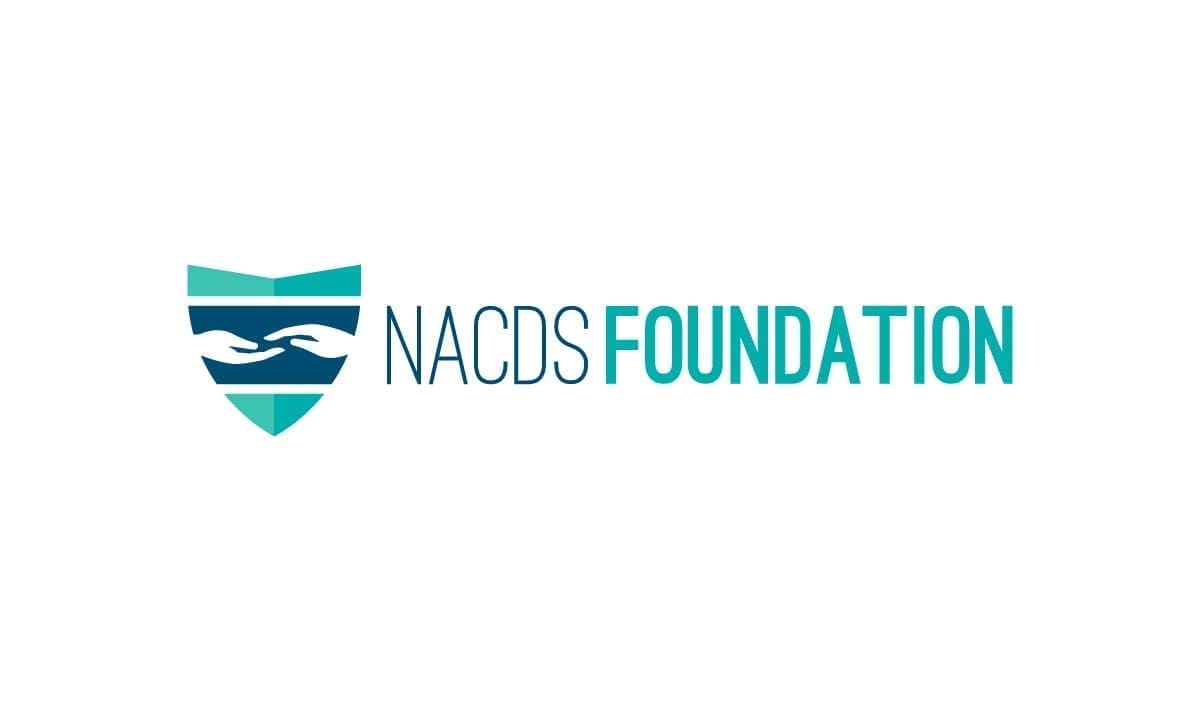
On March 16, the second phase of the NACDS Foundation’s Gaps in Care research project — “Community pharmacist intervention to optimize statin adherence in diabetes care: The GuIDE-S study” — was published in the Journal of the American Pharmacists Association.
As part of the study, community-based pharmacists and pharmacy teams worked collaboratively to proactively identify and initiate statin therapy for individuals with Type 2 diabetes. They provided patients with individualized education and follow-up counseling over 12 months. Notably, statin use in individuals with Type 2 diabetes reduces cardiovascular events, including heart attacks and strokes — however, statin use and adherence in this population remains suboptimal.
The NACDS Foundation-funded study found that patients in the intervention group had numerically higher statin adherence as compared to usual care. Specifically, the patients who began statin therapy were 21.2% more likely to achieve appropriate medication adherence.
“Having access to evidence-based interventions is essential for population health,” said NACDS Foundation President Sara Roszak. “This community-centered project further reinforces the importance of exploring new solutions to eliminate gaps in healthcare access and to enhance medication adherence as a key factor in achieving better chronic disease outcomes.”
The first phase of the NACDS Foundation’s Gaps in Care research project — published in August 2022 — evaluated the impact of a community pharmacist-led model for initiating statin therapy in patients with Type 2 diabetes as well as pharmacists’ self-reported perceptions of the intervention feasibility and fidelity. The study found that the intervention resulted in more patients initiating statin therapy as compared to usual care.
The NACDS Foundation prioritizes forward-thinking, patient-centered projects that address gaps in healthcare access, especially in vulnerable and underserved communities. Additionally, the NACDS Foundation seeks to explore new care delivery models that may help transform the most pressing public health issues through dissemination of research findings.